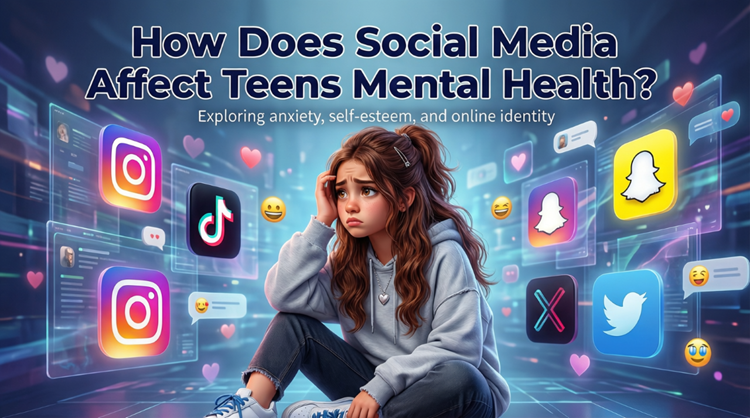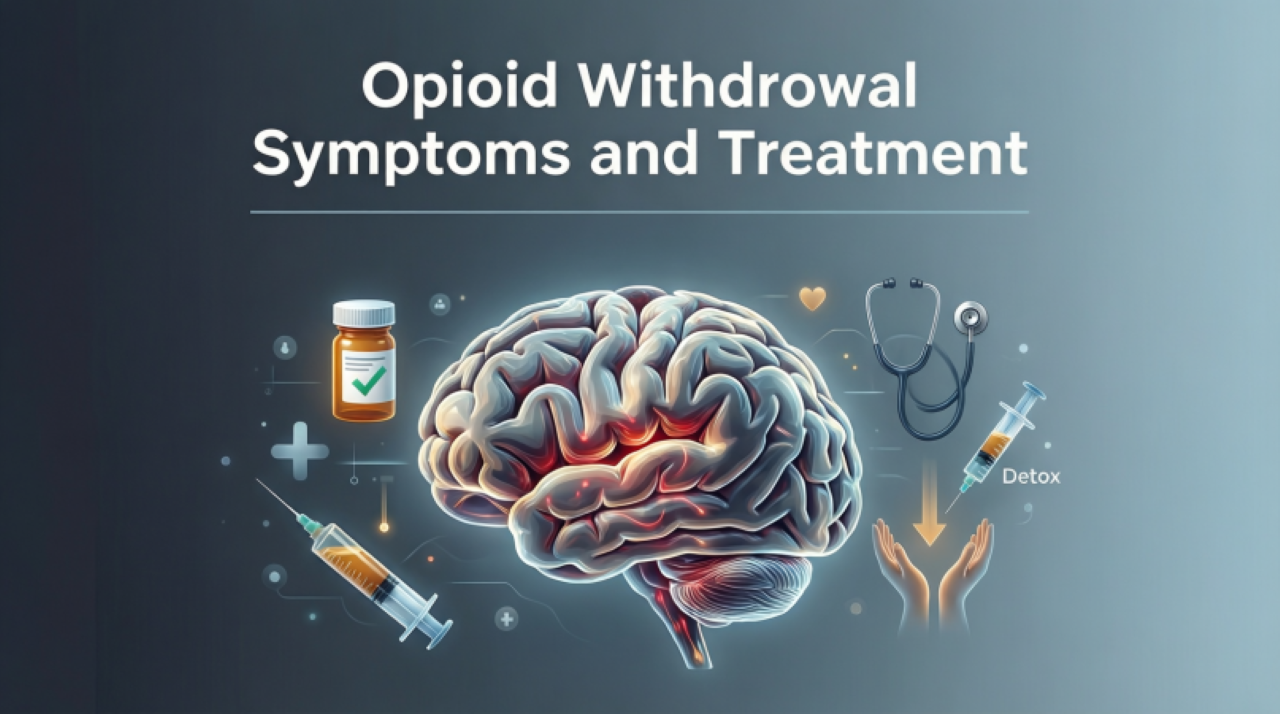Substance abuse revolves around millions of people and families in the United States. Finding the best possible treatment of substance abuse can seem intimidating, but evidence-based practices offer tested and proven ways that lead individuals to long-term sobriety success. Treatments that rely on scientific evidence are combined with proper research, and thus they are effective, safe and will suit the individual needs.
If you’re searching for reliable options, whether inpatient treatment for substance abuse or outpatient treatment for substance abuse, understanding evidence-based methods can help guide you toward the best path forward.
What is Evidence-Based Treatment for Substance Abuse?
Evidence-based treatment (EBT) is a treatment, to which a clinical study and research have given support. In contrast to experimental or untested practices, EBTs are scientifically based and they provide consistent results which are positive in terms of substance use reduction and quality of life improvement.
An effective plan of how to treat a substance abuse will provide a combination of several evidence-based modes, both physical and mental. This individualized approach will make sure that individuals get intensive treatment that can lead to recovery.
Common Evidence-Based Treatment Options for Substance Abuse
Some of the most recommended treatment options to curb substance abuse are as follows:
1. Cognitive Behavioral Therapy (CBT)
CBT is beneficial in assisting one to identify negative thought habits and behaviors that set them on a direction of using substances. Through learning effective coping skills, patients are taught how to prevent triggers, and deal with or resist stress in a manner that does not require drugs or alcohol.
2. Motivational Interviewing (MI)
This treatment approach is directed towards the motivation of an individual in order to change. Rather than face adversarial relations, MI employs understanding and acceptance to promote commitment to recovery.
3. Medication-Assisted Treatment (MAT)
MAT is a combination of medications, Sr. approved bythe FDA, and therapy. In opioid or alcohol addiction, drugs such as buprenorphine, methadone, or naloxone increase resistance to craving and withdrawal symptoms, which makes it easier to recuperate.
4. Contingency Management (CM)
This strategy gives incentive to individuals to stay dry. It can include vouchers, privileges, or other rewards in order to reinforce positive behaviors.
5. 12-Step Facilitation Therapy
Miming support groups such as Alanons Anonymous (AA) or Narcotics Anonymous (NA), this therapy facilitates the long-term involvement within the peer support community.
Inpatient vs. Outpatient Treatment for Substance Abuse
When seeking substance abuse treatment, one of the biggest decisions is choosing between inpatient and outpatient care:
Inpatient Treatment for Substance Abuse
- Offers formulated residential setting.
- Suited to persons with strong addictions, co-occurring disorders or who have unsafe home conditions.
- Provides a 24-hour medical and therapies support.
- Eliminates distractions and triggers that one can be fully focused on the process of recovery.
Outpatient Treatment for Substance Abuse
- Enables an individual to go back home but visit a set therapy session.
- More convenient to those who have work, school or family commitments.
- Best suited to people with mild and moderate alcoholism.
- Offers follow-up on a post-hospitalization basis.
The two options are both very effective and individual needs will determine the right choice depending on the severity of the addiction.
Creating a Treatment Plan for Substance Abuse
Individual treatment plan is the key into substance abuse success. This plan is normally worked out by the clinicians and can consist of:
- Controlled, medical withdrawal to ensure safety of the detoxification process.
- Psychotherapy (group, individual or family).
- Withdrawal or cravings medication management.
- Any aftercare planning and support groups (e.g. relapse prevention).
In searching treatment of substance abuse near me, ensure the facility is personalized to treat the individual and uses scientifically-proven practices.
Why Evidence-Based Treatment Matters
Evidence-based care means that all elements of the rehabilitation efforts are confirmed to be effective. It is important to select these scientifically supported methods.
- Better rates of sustained sobriety.
- Reduced risks of relapse.
- Healthier mental and emotional functioning.
- Safety of the withdrawal management
With the use of treatment options that work, individuals and families can have greater confidence with the recovery process.
Take the Next Step Toward Recovery
Addiction is a big issue affecting people today and it is important to have the right support especially when you are undergoing or a loved one undergoing addiction. At Florida Atlantic Coast Treatment Solutions, we are dedicated to helping individuals improve their lives through our evidence-based and compassionate care built to create a strong foundation in the path to lasting recovery.
Contact us now at (844) 643-2287 and find out how we offer personalized programs of substance abuse treatment in your area.
FAQs About Substance Abuse
What are evidence-based practices in substance abuse treatment?
Evidence-based practices consist of therapies and other interventions that have been scientifically tested and established to be effective in the process of appeasing individuals into addiction recovery. These can involve behavioral therapies, medicated treatment and structured support programs.
What is the most evidence-based treatment for addiction?
No specific treatment can be recommended as best one, and medication-assisted treatment (MAT) combined with behavioral therapies, usually cognitive-behavioral ones (CBT) appears to be the most effective, specifically in cases of opioid and alcohol dependence.
What are some examples of evidence-based treatment?
Examples thus include Cognitive Behavioral Therapy (CBT), Motivational Interviewing (MI), Contingency Management, 12-Step Facilitation and Medication-Assisted Treatment (MAT).
What are the 5 treatment options for drug addiction?
The most well-known forms of treatment are the following five:
- Residential treatment plans
- Out- Contract Treatment
- Cognitive Behavioral Therapy (CBT)
- Medication-Assisted Treatment (MAT)
- Support groups and 12-Step groups
What is the best treatment for substance addiction?
A holistic approach with a personalized plan to include therapy, medical support, and aftercare is the most effective treatment. Inpatient or outpatient care combined with MAT and counseling is most effective in many cases.



